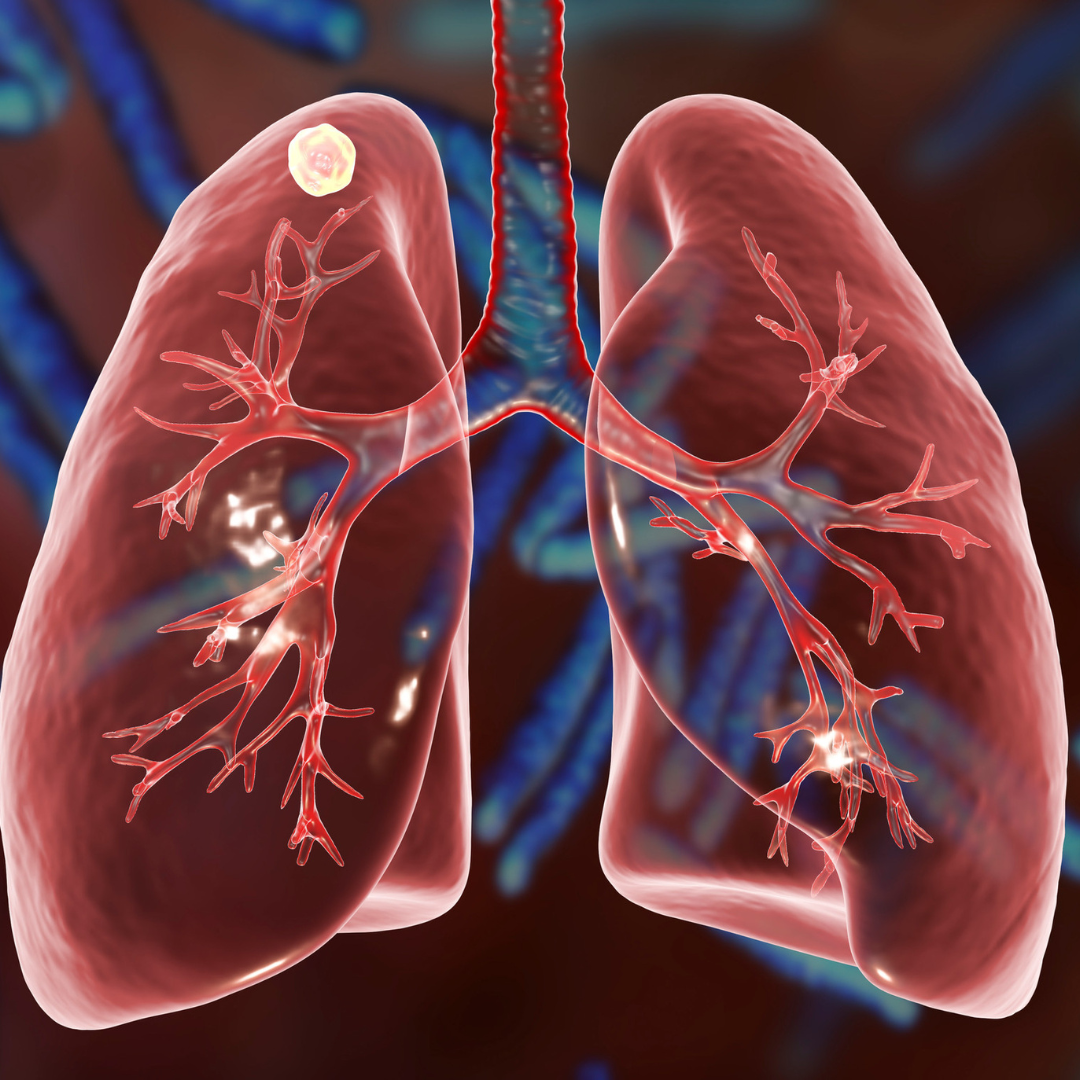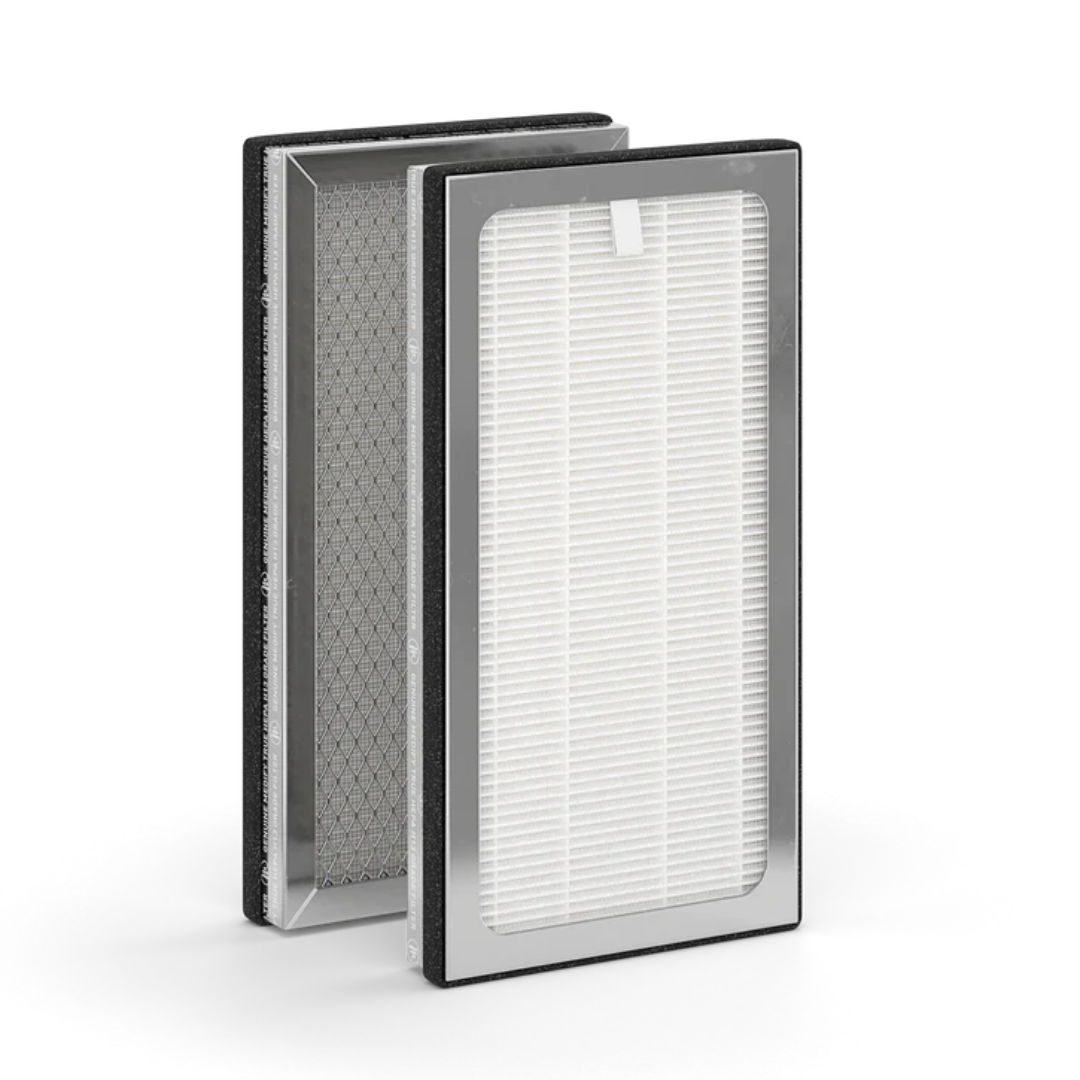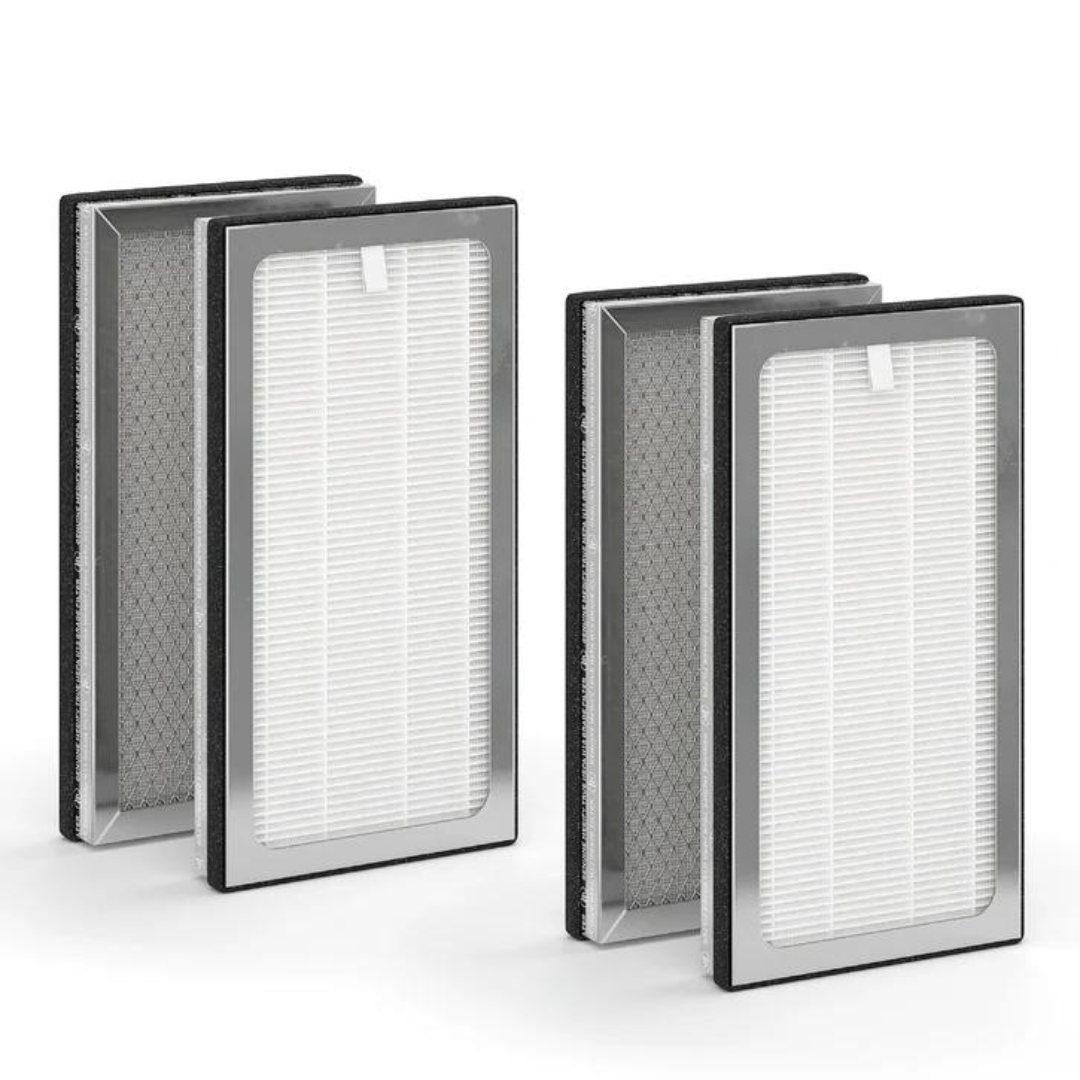Managing Respiratory Allergies: Tips and Solutions
Allergy symptoms, such as sneezing, coughing, itchy eyes, and rashes, can significantly disrupt daily life. While temperature changes and pollution are common triggers, there are actionable steps you can take to manage your symptoms effectively and improve your quality of life.
Causes of Respiratory Allergies
The prevalence of respiratory allergies is rising globally, driven by climate change and environmental factors. Key causes include:
- Increased Pollen Levels: Climate change has led to higher pollen counts and longer pollen seasons, contributing to conditions like asthma and hay fever.
- Air Pollution: Pollution from vehicle emissions and industrial activities exacerbates respiratory allergies.
- Dust Mites and Mold: Warm and humid conditions promote the growth of dust mites and mold, which can trigger allergic reactions.
Understanding these causes helps in taking proactive measures to manage and reduce allergic responses.
Precautions for Reducing Exposure to Allergens
To mitigate the effects of allergens, especially during peak seasons, consider these precautions:
- Stay Indoors: Limit outdoor activities during high pollen seasons to avoid exposure.
- Groom Pets Regularly: Regular grooming helps reduce pet dander in your home.
- Use Air Purifiers: Invest in a quality air purifier to filter out airborne allergens like pollen, dust mites, and pet dander. Models with HEPA filters, such as the Medify MA-14, MA-15, MA-25, and MA-40, are particularly effective.
Additional Tips:
- Protect Yourself Outdoors: Wear a hat and sunglasses to shield against airborne allergens.
- Avoid Yard Work: Refrain from gardening or lawn mowing during high pollen counts.
- Shower After Outdoor Activities: Remove allergens from your skin and clothing by showering after spending time outside.
Seek Medical Help for Severe Allergic Reactions
Allergic reactions can range from mild to severe. Seek immediate medical help if you experience:
- Difficulty Breathing
- Swelling of the Throat or Tongue
- Hives
- Chest Pain
- Confusion
For mild reactions, over-the-counter antihistamines like Benadryl or Claritin can provide relief. In more severe cases, epinephrine injections might be necessary. Consult your physician for prescription medications like inhaled corticosteroids or immunotherapy (allergy shots) for long-term management.
FAQ
What Causes Allergies To Get Worse?
Allergy symptoms can worsen due to increased exposure to allergens, changes in weather or humidity, environmental pollutants, and certain medications. To mitigate severity, limit allergen exposure, avoid problematic medications, and use air purifiers to enhance indoor air quality.
What Causes Respiratory Allergies?
Respiratory allergies are triggered by airborne allergens such as dust mites, pet dander, mold spores, and pollen. Irritants like smoke and cleaning chemicals can also exacerbate symptoms. Reducing contact with these allergens can help manage and reduce respiratory allergic reactions.
Why Are Allergies So Bad Right Now?
Current exacerbation of allergy symptoms is largely due to increased air pollution and climate change. Higher temperatures and extended pollen seasons result in more intense and prolonged allergy symptoms.
Managing respiratory allergies effectively involves controlling your environment and reducing exposure to allergens. Use air purifiers to improve indoor air quality, stay informed about pollen counts, and protect yourself from outdoor irritants. With these strategies, you can significantly alleviate symptoms and enjoy a better quality of life. Consider incorporating air purifiers, like those from Medify Air, to tackle airborne allergens and support your respiratory health.



